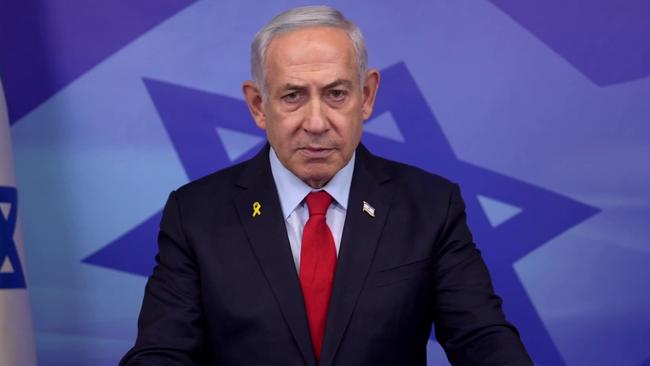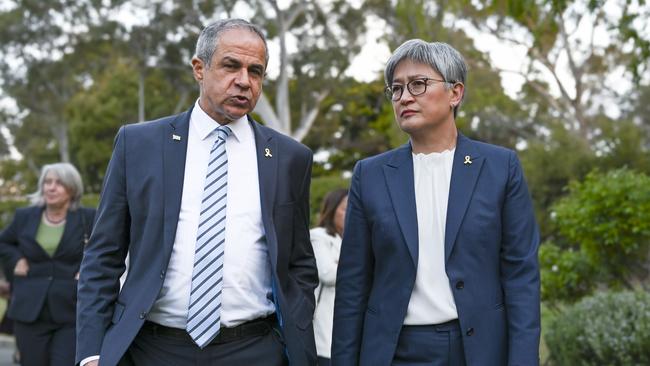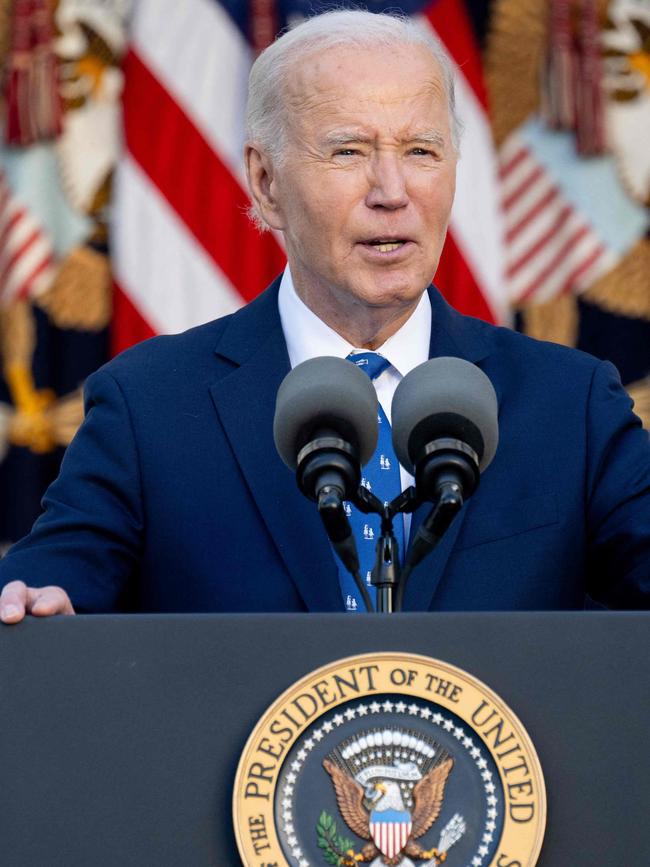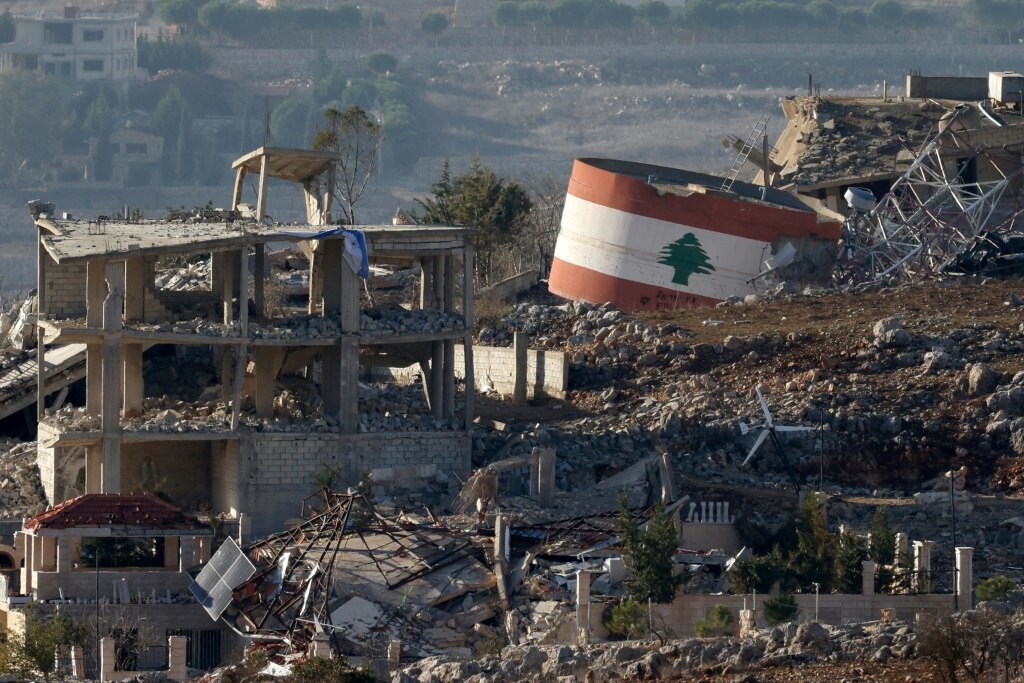Ceasefire deal will work — if Hezbollah lets it

This was before the 1966 coup in Syria that brought the Assad regime to power; before the Lebanese government lost control of large parts of its territory and before extremist groups, most notably Hezbollah, consolidated their grip on Lebanon.
While Israel has signed peace and normalisation agreements with a growing list of moderate Arab nations – Egypt, Jordan, United Arab Emirates, Bahrain and Morocco – fast forward to today and Lebanon remains conspicuously absent from that list.
Despite the many challenges of the past, Israel continues to aspire to peace with Lebanon, as with all other moderate Arab countries. However, for that aspiration to become a reality, there must be a fundamental shift: the end of Hezbollah’s political and military control over Lebanon.
The constant attacks on Israel by Hezbollah since October 8 last year serve as a stark reminder of why this issue is so urgent. Without provocation, Hezbollah has launched a relentless series of attacks against Israeli civilians from all walks of life and religions.
These attacks include large-scale rocket and unmanned aerial vehicle strikes that violate international law and human rights, resulting in tragic losses. Dozens of Israeli civilians have been killed, including 12 children, and more than 63,000 Israelis have had to flee their homes.
Hezbollah’s actions, guided and supported by Iran, continue to destabilise not only Israel but also the entire region.
Iran, which also trains, finances and equips groups such as Hamas, the Houthis and Shia militias, is the true “head of the snake” when it comes to regional instability. Its actions pose a threat to Israel, the Middle East, Europe and global security.
Lebanon must not be allowed to remain complicit in these destabilising forces. The Lebanese government bears full responsibility for the ongoing attacks and violations of UN Security Council Resolution 1701, which have gone unchecked for far too long.
At the heart of Israel’s current military actions is a clear and resolute objective: to restore security to our northern borders and allow the safe return of displaced citizens. While Israel does not seek further escalation, we will not allow Hezbollah to continue its acts of violence without response, nor will we return to the dangerous reality that existed on October 7 last year.

During the past few months, Israel has successfully targeted Hezbollah’s military infrastructure through precise and localised operations. Key leaders, including Hezbollah head Hassan Nasrallah, have been eliminated, forcing the group to reconsider its position.
Hezbollah is weaker than ever – unrecognisable compared with just six months ago.
The ceasefire agreement, brokered by the current US administration, represents a positive first step towards stability. However, its success will depend on the compliance of Lebanon and Hezbollah.
Israel remains committed to maintaining the truce and finding a long-term solution but we will not tolerate violations. We will not allow Hezbollah or any other hostile force to endanger the security of our people. We will act decisively to protect our citizens and hold those who seek to destabilise the region accountable.
If Hezbollah arms itself, renews terrorist infrastructure near the border, launches a rocket or digs a tunnel, we will respond with force.
This moment presents a unique opportunity, not only to halt the fighting but also to restore stability and pave the way for a brighter, peaceful future for both the Israeli and Lebanese people.

Just as we achieved a historic agreement in late 2022 regarding the maritime border, we now have the opportunity to open a new chapter in Israeli-Lebanese relations. Our shared maritime border offers a plethora of economic opportunities for both sides, creating the potential for mutual prosperity and co-operation.
We hope Hezbollah and the Lebanese government, like Israel, will prioritise peace over violence and extremism, complying fully with the terms of the ceasefire as set by US President Joe Biden and French President Emmanuel Macron. If they choose this path, the future of both Israel and Lebanon can be much brighter – one defined by co-operation and shared prosperity rather than conflict.
Amir Maimon is the ambassador of Israel to Australia.






In the early years following Israel’s establishment, many believed the second peace agreement the nation would sign with a neighbouring country would surely be with Lebanon.